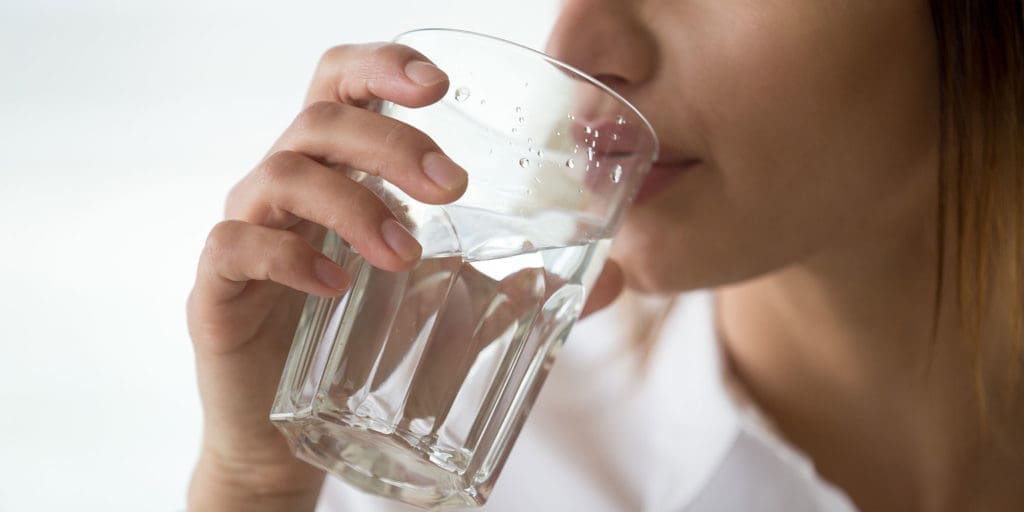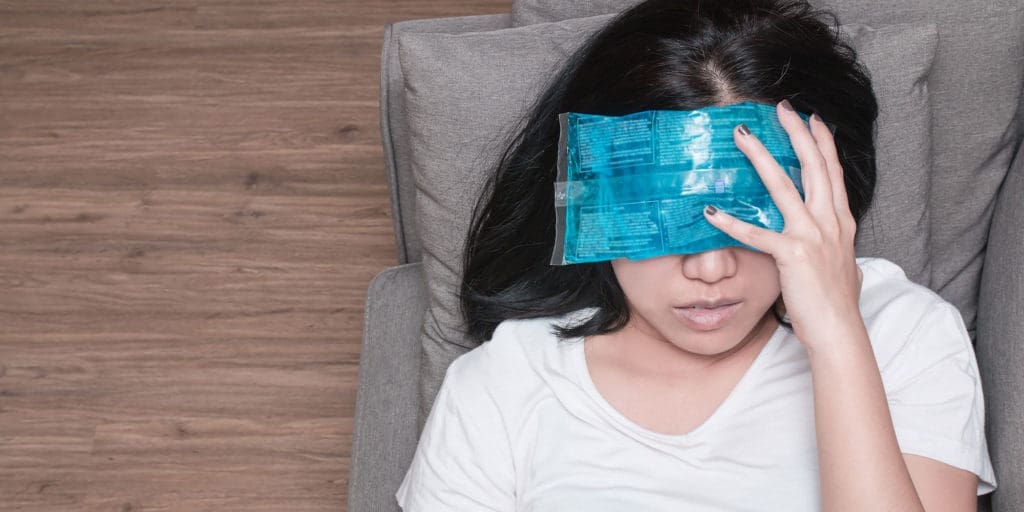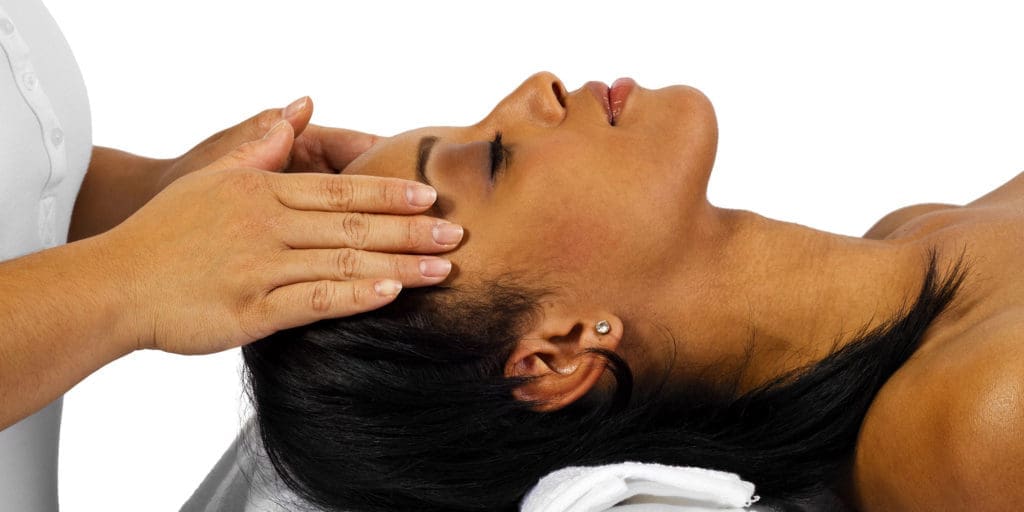Tension headaches are the most common type of headaches. They affect people mostly between 40-49 years of age, and are slightly more frequent in women. However, most people with acute headache episodes never consult with a doctor, and often treat themselves with over-the-counter analgesic drugs.
Tension-type headaches can last for only minutes to as long as weeks at a time. People describe tension headaches as pain with a sensation of pressure or muscle tightness, almost as though they have a band around their heads. The pain is mild to moderate intensity, and typically does not worsen with routine physical activity, such as walking or climbing stairs. It does not cause nausea or vomiting, but may cause sensitivity to light and noise.
These headaches are usually self-managed and don’t have severe symptoms associated. Still, they are the most common reason why people take analgesics. Overusing pain relief medication can cause another type of headache, called medication-overuse headaches. Therefore, the excessive use of analgesics should be avoided.
Learn about these four simple techniques that will help reduce your pain and make you feel more comfortable during a headache episode.
Control your environment
Environmental factors like light and loud noise can cause further discomfort when you have a headache. If you´re outside, shield yourself from the sun by wearing sunglasses, and try to move to a quiet area. If possible, taking the time to rest at first sign of a headache can be the most effective way to handle an episode.
If you are at home, create a quiet and comfortable environment by pulling the blinds closed. Silence your cell phone and other electronic devices, such as the TV or computer. Wearing a sleeping mask or ear-plugs to minimize the noise can also make you feel more comfortable.
Maintain proper hydration
 Not drinking enough fluids during the day can lead to insufficient levels of water and electrolytes within your body. This process is known as dehydration. Dehydration can be worsened due to heat, increased exposure to the sun and increased physical activity.
Not drinking enough fluids during the day can lead to insufficient levels of water and electrolytes within your body. This process is known as dehydration. Dehydration can be worsened due to heat, increased exposure to the sun and increased physical activity.
Headaches are often triggered by dehydration. If you are experiencing a headache, drinking water, a warm tea or an electrolyte solution may help. Additionally, remember to drink fluids regularly during the day (at least 1,5L), ideally water, to prevent headaches caused by lack of hydration.
Apply cold or hot packs


Cold therapy is one of the most common self-relief measures used by people who suffer from headaches. You can apply a cold pack, moist cloth or compresses to your forehead and temples, alternating every 15 minutes. You may need to wrap cold or ice packs in a thin towel to protect your skin.
On the other hand, using a heating pad on your shoulders, neck or on the back of your head can help relax your muscles and relieve tension headaches. It can be used safely, but do not fall asleep with a heating pad on.
The same cold or warm therapy principle can be used in showers. Try one of these two options to see which works best for you.
Find some time to relax


Even taking a short break for 10 minutes at a time can be useful for blocking out worries and distracting thoughts. Try to perform an activity that lifts your mood or that you find to be soothing or calming, like taking a short walk or listening to your favorite music.
Meaningful improvement to headaches can be obtained with a combination of simple behaviors. Find a coping strategy that works for you and talk to your doctor if you still need more relief or if your headache persists or gets worse.
Do you have any tips for natural headache relief?
Tell us what questions you have in the comments below!
What topics related to headache relief would you like to see us explore?
Email us at info@painresource.com with your ideas!
Are you on Facebook?
Join our online community by clicking here.





These natural headache reliefs are better than taking over the counter drugs. Not only that it saves money but also it is good for health.